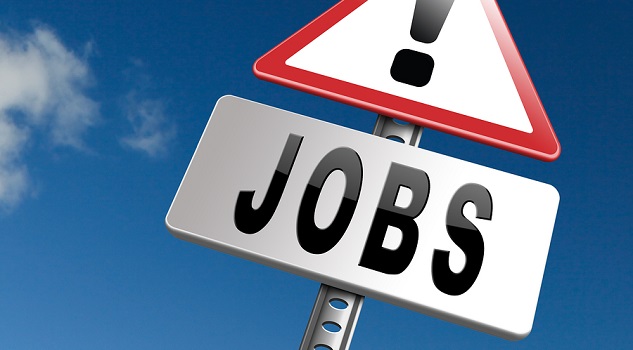Professional social network platform LinkedIn has revealed that 58 per cent of Australians are set to be looking for a new job in 2022. The platform’s research notes that this desire to switch jobs is driven by a high level of confidence within the Australian workforce, with 91 per cent of Aussies feeling confident in their current role at work.
The findings also reveal that 60 per cent said that COVID-19 had made them more confident in changing roles during this period. Workplace flexibility is also cited to have helped to drive this increase, as 57 per cent claimed it has impacted their mindset and given them confidence in finding a new role or career path.
Earning more money has come out as the top reason for those looking to change roles in the year ahead, with a third of workers wanting a higher paycheck. Better work-life balance is also a key reason to switch roles for 28 per cent of job seekers.
Remote working has also positively impacted Aussie workers, with 36 per cent stating it has improved their confidence. Aussie females are particularly happy with the normalising of working from home, with a quarter believing it helped break down traditional professional barriers during the pandemic.
The findings come as LinkedIn launched the second annual Jobs Bootcamp from 17 to 21 January, which aims to professionals with the tools they need to achieve their career goals in 2022.
“As we start the new year, research from LinkedIn shows that 2022 is set to be a big one for the jobs market, with almost three in five Aussies considering changing roles,” Cayla Dengate, Career Expert at LinkedIn, commented. “This shift is being driven by Australians feeling positive about the state of the labour market as there has been a 60 per cent increase in confidence since the pandemic began to seek new roles or even change careers.
“Our research shows this change is often due to their current employer not supporting their needs, with many looking for anything from a promotion, pay rise or flexibility,” Dengate added. “With all the changes occurring, Australian workers are in the driver’s seat and can find the right role that suits their needs.”
The research also reveals that many Aussies are suffering from the impact of “imposter syndrome”, with almost half (45 per cent) of Australian workers surveyed saying that they are experiencing it. This issue is more prevalent among women (47 per cent) than men (43 per cent). And the syndrome is more acute among younger workers, with more people under 55 years of age likely to identify this way compared to those over that age. LinkedIn’s Jobs Bootcamp will specifically address this issue, among others.











